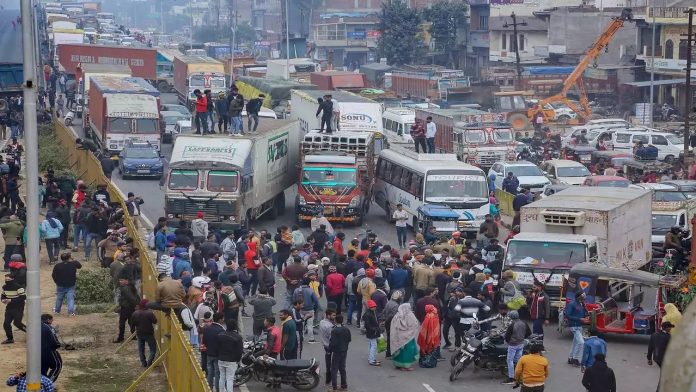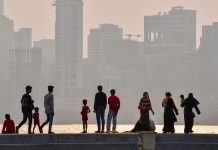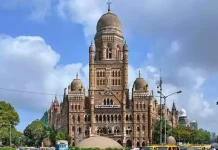- The Union Government must be extremely cautious, not wishing to draw unnecessary attention or backlash when the crucial general elections are due in April/May that would decide who will be blessed by the electorate to govern the country. The next few months will enable the incumbent government to unleash a slew of socio-economic measures to impress upon the electorate to choose. Of course, the Bharatiya Janata Party-led National Democratic Alliance government has done a reasonably good job in its two terms managing some of the most debilitating challenges encountered in the last three years, including the pandemic. Our growth story amid mounting challenges speaks volumes about the positive economic trajectory.

PC: Reuters
- The opposition ranks would be keenly looking out for any small opportunity to run down the incumbent government allowing them to score a brownie point or two. As we know, the secular and communal narrative as well as the polarizing political discourse has already vitiated the atmosphere quite alarmingly. Expectedly, the usual opposition’s barb against the ruling government vis-à-vis unemployment, inflation, lack of growth, and deteriorating law and order narration continues. The ruling dispensation has so far succeeded in countering these accusations quite adroitly. However, a potentially irritating situation was averted when the transport lobby called off their proposed strike against the new penal code BNS for hit-and-run accidents.
- The timely intervention by the government authorities is most welcome. The bone of contention is the request by the All India Motor Transport Congress (AIMTC) to review the maximum 10-year jail term and Rs. 7 lakhs fine for hit-and-run accidents. The authorities have assured the stakeholders that consultation will be held before the new law kicks in. The nodal body, and truckers, had feared that in hit-and-run cases especially on highways, police seldom investigate, and simply blame truck drivers. There is no SOP on how to probe such cases. There’s the additional fear of mob attacks by enraged locals on truckers who would pause to report an accident. To this, the government said the law in no way suggests accident reports must be made from the site.

PC: TOI
- Further, the association believes the 10-year jail term will act as a deterrent to men joining the grueling transportation sector, which already suffers a 27% shortage of drivers. The lifeline of India’s supply chain is disrupted. Hopefully, the supply of fuel and other essential commodities will resume as usual. Truckers have a point, but blaming the law is hardly the solution to their woes. Undoubtedly, a stringent law is required. The statistics don’t lie. Indians can be callous drivers, with little care for rules or regulations. Faulty road engineering, defective detailed project reports, bad designing of junctions, inadequate signage, and road markings also contribute. Truckers’ demand for softening the law is less important than getting roads and highways right.






